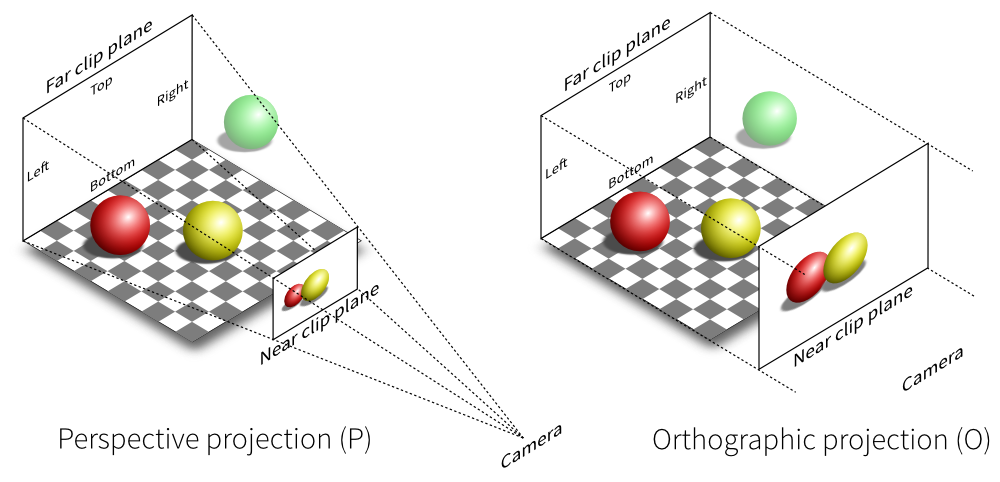1
2
3
4
5
6
7
8
9
10
11
12
13
14
15
16
17
18
19
20
21
22
23
24
25
26
27
28
29
30
31
32
33
34
35
36
37
38
39
40
41
42
43
44
45
46
47
48
49
50
51
52
53
54
55
56
57
58
59
60
61
62
63
64
65
66
67
68
69
70
71
72
73
74
75
76
77
78
79
80
81
82
83
84
85
86
87
88
89
90
91
92
93
94
95
96
97
98
99
100
101
102
103
104
105
106
107
108
109
110
111
112
113
114
115
116
117
118
119
120
121
122
123
124
125
126
127
128
129
130
131
132
133
134
135
136
137
138
139
140
141
142
143
144
145
146
147
148
149
150
151
152
153
154
155
156
157
158
159
160
161
162
163
164
165
166
167
168
169
170
171
172
173
174
175
176
177
178
179
180
181
182
183
184
185
186
187
188
189
190
191
192
| #include <bits/stdc++.h>
#include <ext/pb_ds/assoc_container.hpp>
#include <ext/pb_ds/tree_policy.hpp>
const int MAXM = 250001;
template<typename Type>
class AllocBase {
public:
typedef unsigned size_type;
typedef int difference_type;
typedef Type *pointer;
typedef const Type *const_pointer;
typedef Type &reference;
typedef const Type &const_reference;
typedef Type value_type;
template <typename OtherType>
struct rebind {
typedef AllocBase<OtherType> other;
};
static Type memoryPool[MAXM], *p;
static Type *bin[MAXM];
static int cnt;
AllocBase() {}
AllocBase(const AllocBase&) {}
template<typename OtherType>
AllocBase(const AllocBase<OtherType>&) {}
~AllocBase() {}
inline pointer address(reference x) const {
return &x;
}
inline const_pointer address(const_reference x) const {
return &x;
}
inline pointer allocate(size_type n, const void* = 0) const {
return cnt ? bin[cnt--] : p++;
}
inline void deallocate(pointer p, size_type n) const {
bin[++cnt] = p;
}
inline size_type max_size() const {
return size_type(-1) / sizeof(Type);
}
inline void construct(pointer p, const Type& val) const {
new(static_cast<void*>(p)) Type(val);
}
inline void destroy(pointer p) const {
}
};
template<typename Type>
Type AllocBase<Type>::memoryPool[MAXM];
template<typename Type>
Type *AllocBase<Type>::p = memoryPool;
template<typename Type>
Type *AllocBase<Type>::bin[MAXM];
template<typename Type>
int AllocBase<Type>::cnt;
template<typename Type>
inline bool operator==(const AllocBase<Type>&, const AllocBase<Type>&) {
return true;
}
template<typename Type>
inline bool operator!=(const AllocBase<Type>&, const AllocBase<Type>&) {
return false;
}
inline char read() {
static const int IN_LEN = 1000000;
static char buf[IN_LEN], *s, *t;
s == t ? t = (s = buf) + fread(buf, 1, IN_LEN, stdin) : 0;
return s == t ? -1 : *s++;
}
template<class T>
inline void read(T &x) {
static char c;
static bool iosig;
for (c = read(), iosig = false; !isdigit(c); c = read()) {
if (c == -1) return;
c == '-' ? iosig = true : 0;
}
for (x = 0; isdigit(c); c = read())
x = (x + (x << 2) << 1) + (c ^ '0');
iosig ? x = -x : 0;
}
const int OUT_LEN = 1000000;
char obuf[OUT_LEN], *oh = obuf;
inline void print(char c) {
oh == obuf + OUT_LEN ? (fwrite(obuf, 1, OUT_LEN, stdout), oh = obuf) : 0;
*oh++ = c;
}
template<class T>
inline void print(T x) {
static int buf[30], cnt;
if (x == 0) {
print('0');
} else {
if (x < 0) print('-'), x = -x;
for (cnt = 0; x; x /= 10) buf[++cnt] = x % 10 + 48;
while (cnt) print((char)buf[cnt--]);
}
}
inline void flush() {
fwrite(obuf, 1, oh - obuf, stdout);
}
namespace Task {
const int MAXN = 100005;
int fa[MAXN], rank[MAXN];
typedef __gnu_pbds::tree<int, int, std::less<int>, __gnu_pbds::rb_tree_tag, __gnu_pbds::tree_order_statistics_node_update, AllocBase<char> > Tree;
Tree t[MAXN];
inline int get(int x) {
register int p = x, i;
while (p != fa[p]) p = fa[p];
while (p != x) i = fa[x], fa[x] = p, x = i;
return p;
}
inline void put(int x, int y) {
if ((x = get(x)) != (y = get(y))) {
rank[x] > rank[y] ? (std::swap(x, y), 0) : 0;
fa[x] = y;
for (Tree::iterator it = t[x].begin(); it != t[x].end(); it++)
t[y][it->first] = it->second;
rank[x] == rank[y] ? rank[y]++ : 0;
t[x].clear();
}
}
inline int query(int x, int k) {
return k > t[x = get(x)].size() ? -1 : t[get(x)].find_by_order(k - 1)->second;
}
inline void solve() {
register int n, m, q;
read(n), read(m);
for (register int i = 1, a; i <= n; i++)
read(a), fa[i] = i, t[i][a] = i;
for (register int i = 1, x, y; i <= m; i++)
read(x), read(y), put(x, y);
read(q);
register char c;
while (q--) {
c = read();
while (isspace(c)) c = read();
switch (c) {
case 'B':
read(n), read(m), put(n, m);
break;
case 'Q':
read(n), read(m);
print(query(n, m)), print('\n');
break;
}
}
}
}
int main() {
Task::solve(), flush();
return 0;
}
|



